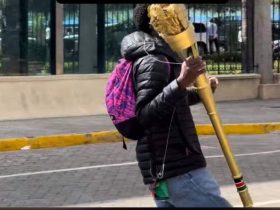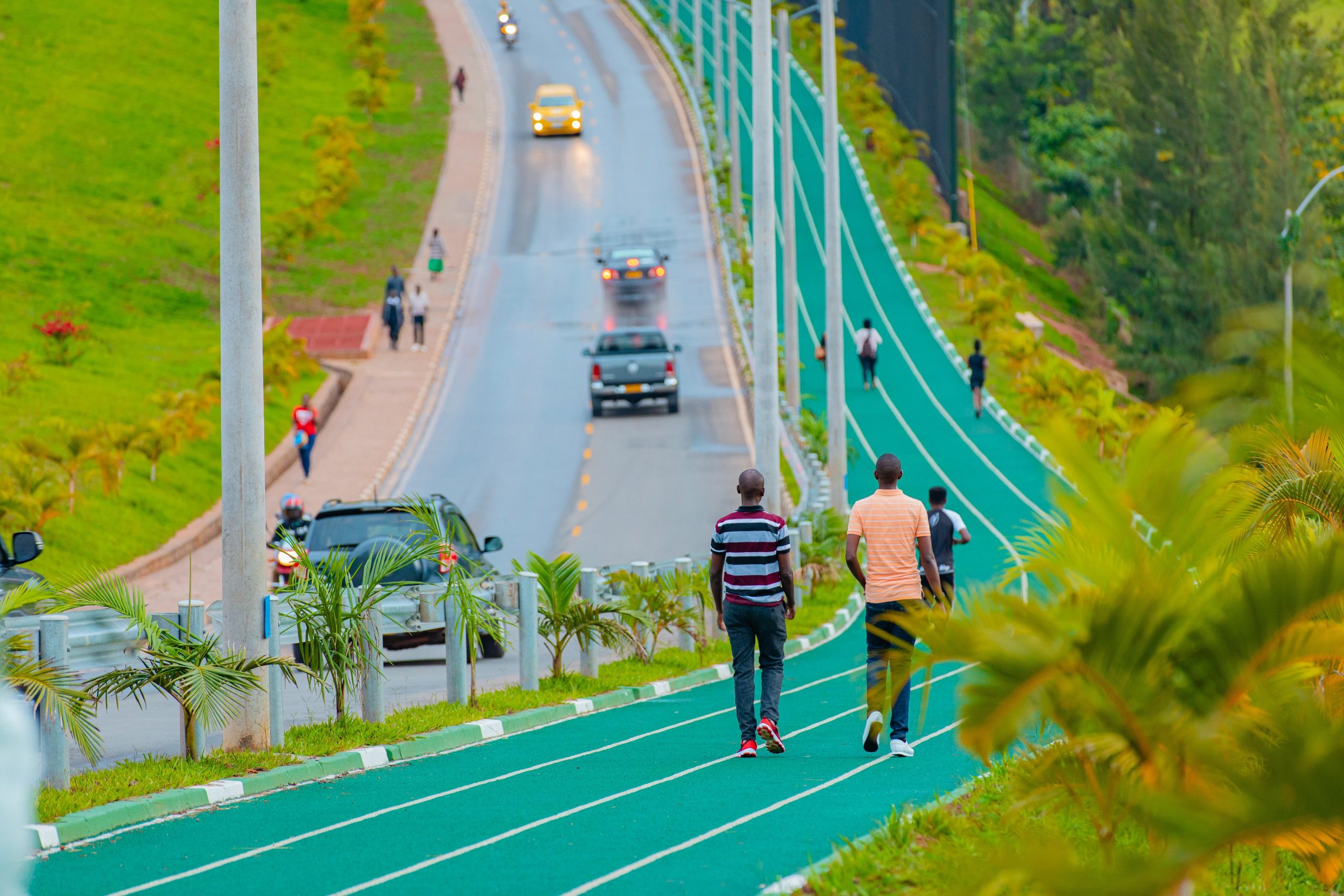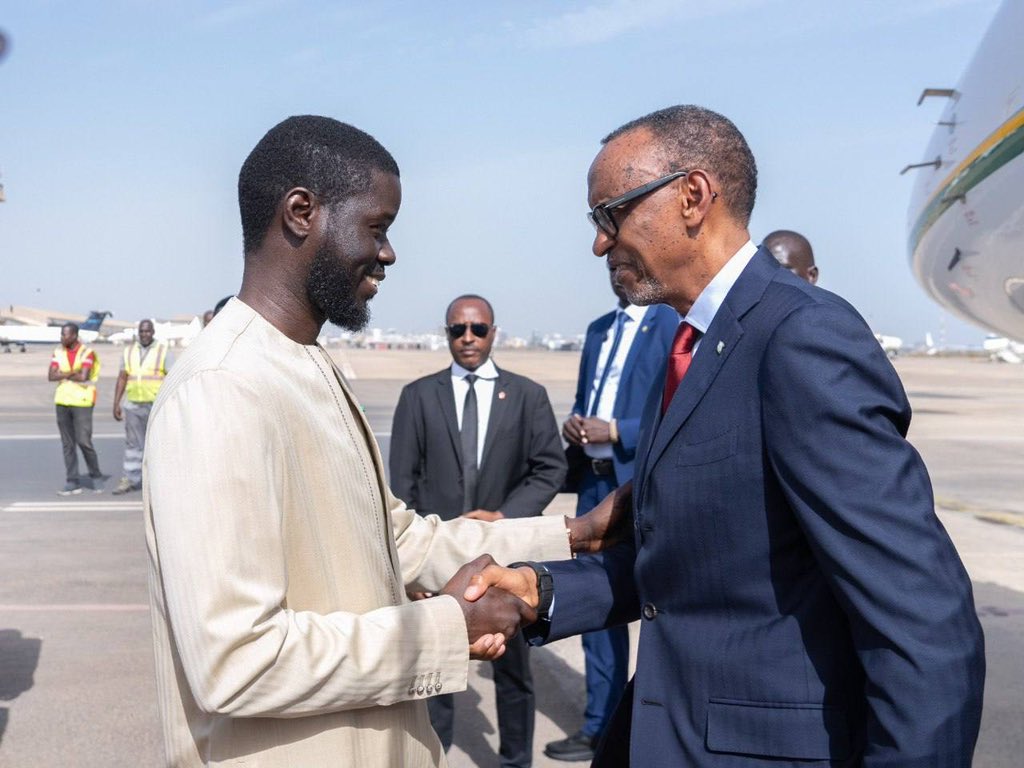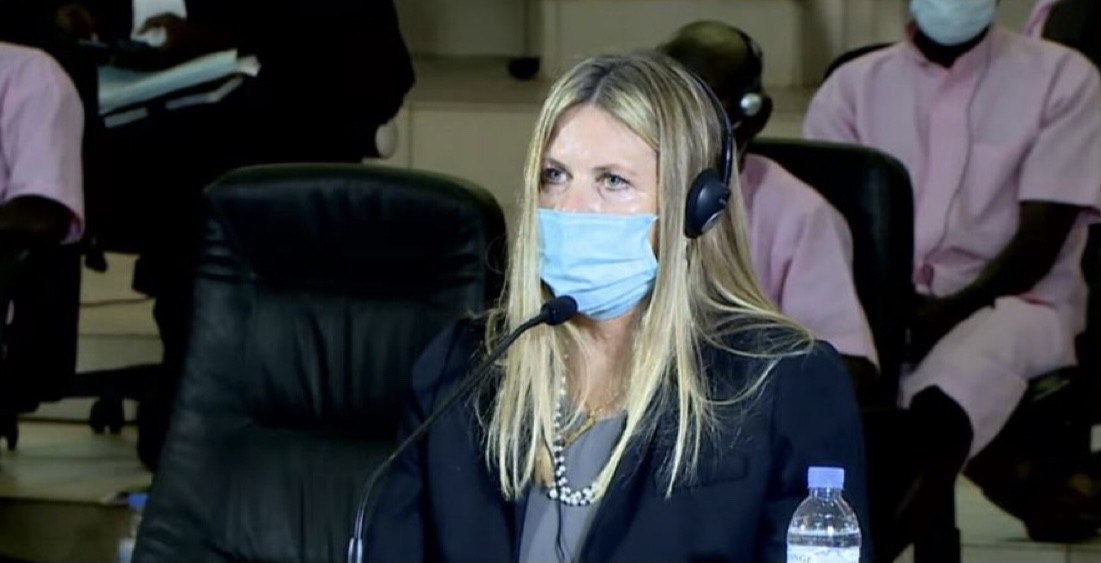In the good old days of the Cold War and ‘France-Afrique’, the CIA and the DGSE, American and French spy agencies respectively, had departments dedicated at organising coups d’états in South America, Africa and the Caribbean. They ran cells to groom strawman into future presidents and ensured their plans to oust upright incumbents were, at least, up to scratch. Paul Rusesabagina clearly missed the class.
Here is man who told one lie and saw it turn his life around. For two decades he practiced his story and watched in disbelief the effect it had on people, he felt clever, able to assume any role of his choosing without being held accountable. He self-projected into a future politician, brought to power by a few more lies, until it all came crumbling down when he boarded the wrong airplane.
Rusesabagina’s arrest was most embarrassing. He disembarked a private jet expecting a military guard of honour and cheering crowds in Burundi’s capital, Bujumbura, he was met by Rwanda Investigation Bureaus (RIB)’s arrest party instead, read his rights and was promptly handcuffed.
Then ensued a trial in which a series of revelations are being made against him by captured militiamen, scholars and even a man of the cloth, all former associates of his, who later discovered his true colours and turned against him.
Of the lot written on Rusesabagina’s fateful journey to Rwanda, condemnations and warnings abound. Little however, is said on his initial destination: Burundi, what he was going to do there and what that says about the man and his activities.
In an interview to the New York Times shortly after his arrest, Rusesabagina claimed that he was going to Burundi ostensibly to address a church congregation. The journalists at the time, didn’t find it odd that a small born-again parish in the capital of a poor nation, spares hundreds of thousands of dollars to randomly chatter private jets for its speakers, amid COVID-19 no less.
In reality, Rusesabagina had rendezvoused with his militia roaming Burundi forests. In fact, his very trip to Burundi constituted an act of terror. To date, no Burundian official has confirmed to have invited him. The pastor who’s church he claimed to be visiting denied any such plans.
By the time Rusesabagina was interviewed by NYT, he had not had a chance to compare notes with the pastor, and was under the impression that he too had been arrested. Little did he know that the clergyman was the mastermind behind his capture.
‘When we boarded the aircraft, the pilot knew we were going to Kigali, I knew we were going to Kigali, the flight attendants knew; the only person who didn’t know where he was going was Rusesabagina’ – the pastor said in session.
- ‘Did you by any chance invite Rusesabagina to speak to your churchgoers’? the judge asked;
- ‘Hum…’, the pastor hummed in awe. ‘what a strange thought…’
- ‘this man is ungodly! I have never heard him speak of God, he kills innocent people.
Amid all this, at his last court appearance on March 12, Rusesabagina requested a six months deferral of his case, asked to be provided with a printer, stationery and a laptop, as though he was opening a law firm in prison to run parallel with his lawyers’. When his preposterous demands were rejected he announced he would not be attending trials any longer…
Such attitude betrays a man accustomed to live off of other people’s care, claiming heroism he did not achieve, trusting a university professor to assist in his terror activities, young interns to scam people claiming to run a non-existent charity and untethered to ask the government he was trying to oust to extend him undue favours. I wouldn’t be surprised if next week he asked for a treadmill, cable TV and a minibar. The next film this man inspires should be titled ‘Legends of a rookie warlord’ and studied as a basket case in equatorial forests across continents.
However, listening to the testimony of the American scholar, Professor Michelle Martin last week, I was almost glad Rusesabagina wasn’t in the audience. After sitting through the Pastor’s painstaking narration of his capture, I doubt his heart could have taken Prof. Martins surgical procedure.
In true academic fashion, Michelle Martin was methodical in her testimony. She provided names of accomplices, dates, photos, e-mails, wire transfers, all corroborated by various interns at Rusesabagina’s foundation whom too came to discover Rusesabagina’s true nature. Her three hour testimony (link here) was so thorough it could be published in a scientific journal.
As per use, Rusesabagina’s daughter didn’t deal with the testimony, the damning allegations against her father, the overwhelming proof backing them up, or the fact that after two decades of claiming to do charity work, there was no single beneficiary to show for it. Instead, she found a tax declaration for research work done in Rwanda by Prof. Michelle Martin and brandished it as proof that the Professor was ‘another Rwandan spy’. But here is where they get the whole terrorism business wrong; let me explain:
There is an old Latin principle of law that goes: ‘Nemo auditur propriam turpitudinem allegans’; it means: “no one can invoke their own turpitude”. When you open a militia to wreak havoc in a distant region you must also open a secret e-mail account to communicate with your acolytes and preferably keep the password to yourself. When you travel to meet up with said militia, you must think of paying your own airfare and ascertain your true destination.
Besides, Professor Michelle Martin wasn’t in court to give her opinion, she was there to furnish the court with hard evidence. Overwhelming evidence. Undeniable evidence.
Those defending Rusesabagina in media for past heroism will have a hard time reconciling the hero they saw depicted on screen by Hollywood, and the terrorist being revealed in Rwandan courts. But there is really an easy way to do so, by answering the following questions:
When Paul Rusesabagina set off from the United States, Why did he eschew European airports and fly through Dubai instead? When he boarded the private aircraft in Dubai, what was his anticipated destination? What was the order of his business once in Burundi? Answers to these questions are known, but are conveniently circumvented by those, either too proud to admit they were fooled by an impostor, or the majority, who see in him a fresh opportunity to criticise Rwanda’s leadership.
But the evidence lays bare for everyone to see. Hearings are broadcasted live on the internet. Regardless of where one’s heart lies on Rwanda, the truth is undeniable.
The High Court Chamber of International Crimes will resume the hearing of the case of Paul Rusesabagina and co-accused this Thursday, 01/04 from 8:30 am CAT.












Leave a Reply